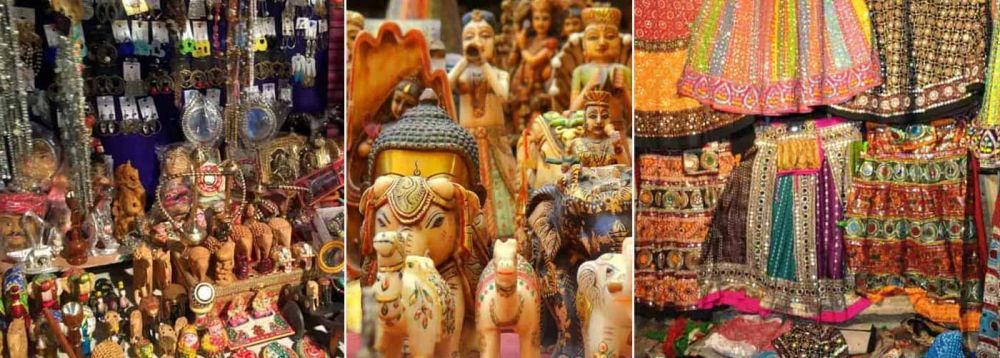

Pushkar, a small town nestled in the heart of Rajasthan, India, is not only famous for its religious significance but also for its vibrant marketplaces. One such place that has gained popularity among tourists and devotees alike is Sarafa Bazaar. This bazaar exemplifies the rich cultural tapestry and bustling energy of Pushkar. A destination that has been a point of interest for both domestic and international travelers for several decades, Sarafa Bazaar offers an authentic shopping experience in a historical setting.
The history of tourism in Pushkar is intrinsically linked to its spiritual significance. Pushkar is one of the oldest cities in India, mentioned even in ancient Hindu texts. It is home to the only temple dedicated to Lord Brahma in India, drawing pilgrims from across the country. Over time, the allure of Pushkar has grown to include tourists interested in its cultural and traditional ethos. With the yearly Pushkar Camel Fair, tourism saw a significant boom, putting Pushkar and venues like Sarafa Bazaar on the global tourism map.
Sarafa Bazaar, with its narrow lanes lined with a multitude of small shops and stalls, offers a plethora of traditional Rajasthani jewellery, textiles, leather goods, and handicrafts. The bazaar has a legacy of fostering skilled artisans and vendors who pass down their craft from generation to generation. Tourists throng to this market to purchase unique, handcrafted items that reflect the art and culture of Rajasthan.
In recent years, tourism in Pushkar has evolved to accommodate a wide range of preferences. Adventure activities such as hot-air ballooning, desert camping, and camel safaris have become quite popular, adding a new dimension to the traditional pilgrimage tourism. Sarafa Bazaar has adapted to this change by incorporating cafes and eateries that offer both local and international cuisines, thus catering to the palates of a diverse visitor base.
The latest trends in Pushkar's tourism include experiential travel and community-based tourism. Visitors are seeking authentic experiences, like cooking classes with local families, participating in traditional festivals, and even volunteering with NGOs. Responsible tourism practices are being adopted by businesses in and around Sarafa Bazaar to ensure that the impact on the environment and local culture is sustainable.
The inflow of tourists has undeniably had a positive economic impact on the local vendors of Sarafa Bazaar. However, it also poses challenges such as commercialization and the need to maintain the authenticity of the cultural heritage. As tourism continues to grow, there is a concerted effort by the authorities and the community to preserve the historic charm and significance of Sarafa Bazaar.
In conclusion, Sarafa Bazaar is not just a marketplace; it's a living encapsulation of Pushkar's essence. As tourism trends evolve, the bazaar remains a testament to the town's ability to balance preservation with modernization, ensuring that the history of this vibrant destination continues to be celebrated by future generations.